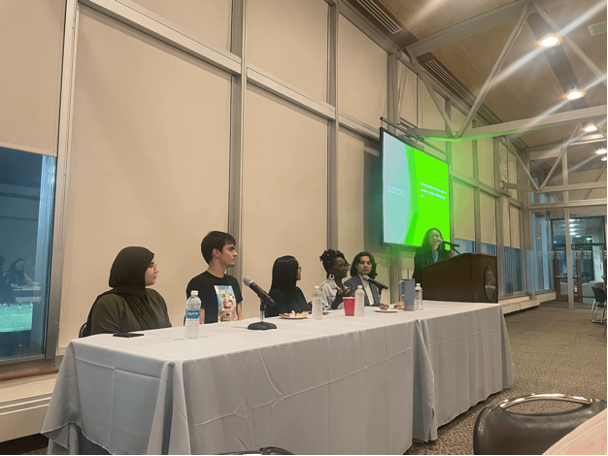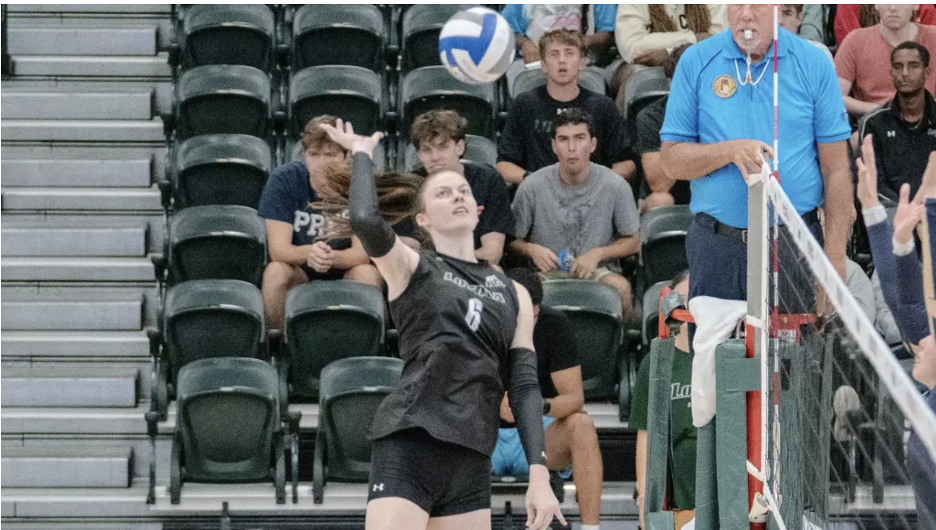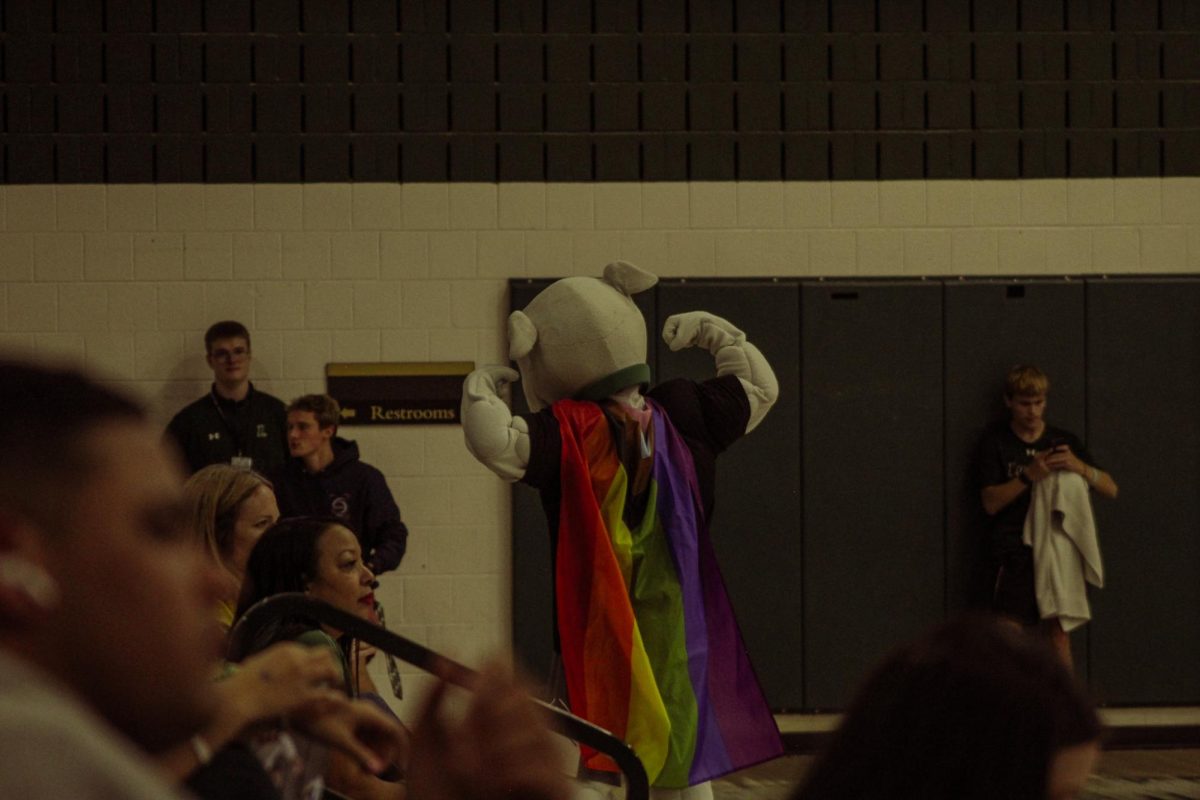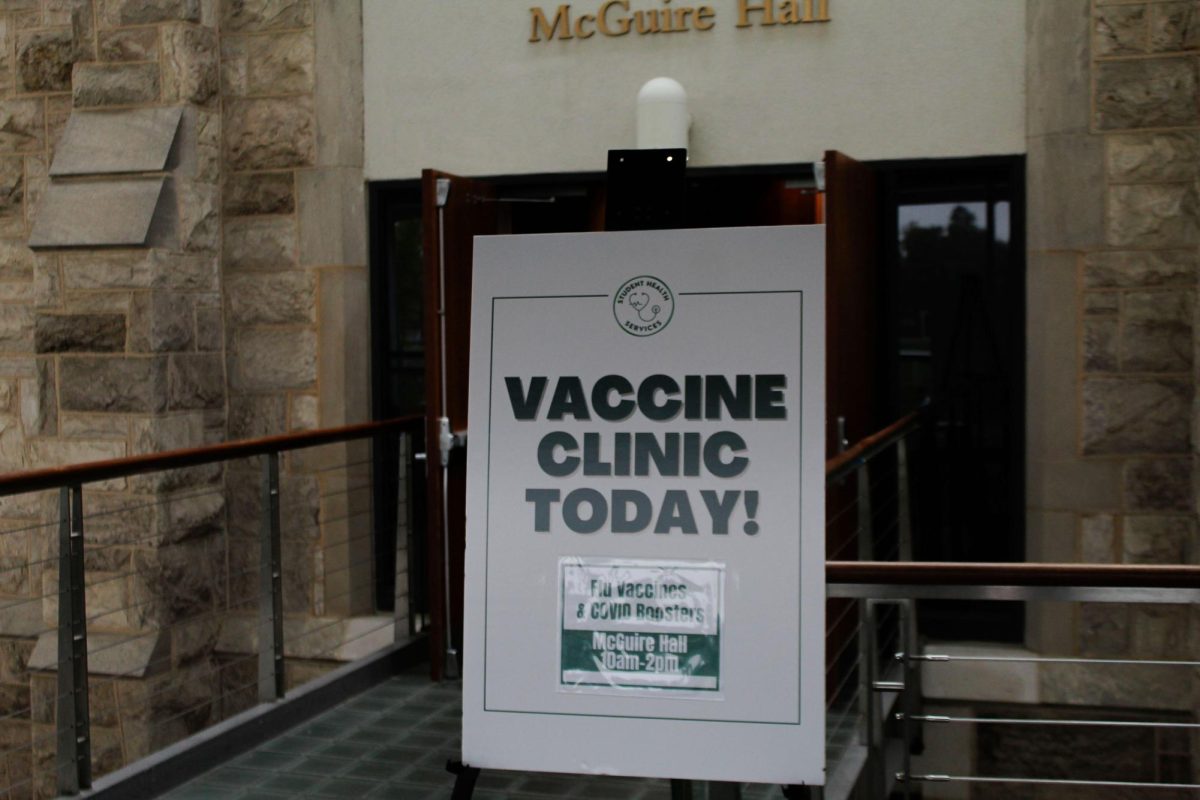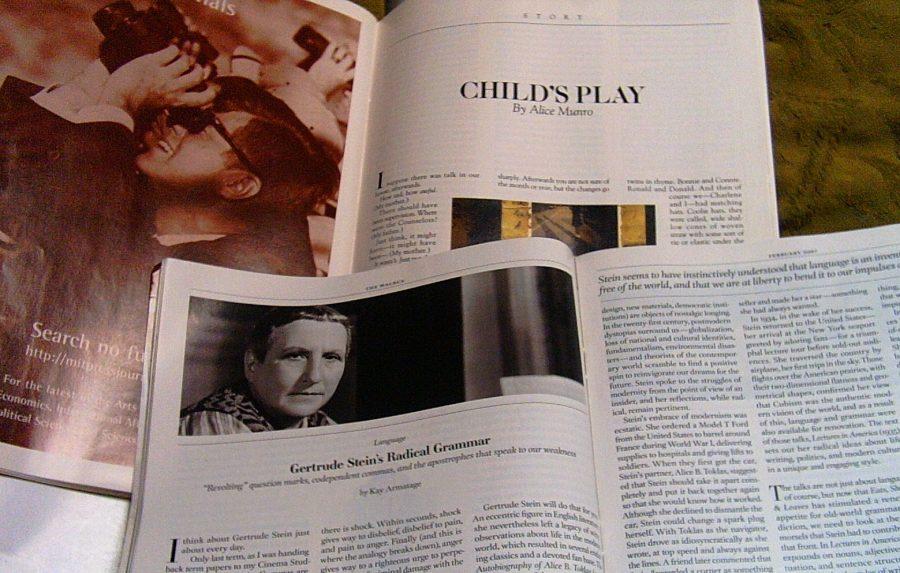*Spoilers*
“Kids will be kids” and “inseparable friends will do what inseparable friends do” are the two generic truths that adults adopt and swap amongst themselves when they fail to understand the younger generations. Children can be predictable, but they can also be eccentric and wild. Alice Munro’s short story “Child’s Play” exemplifies the imaginative minds of young children and the dangers that can ultimately be associated with group-though about young people.
Marlene and Charlene, friends dubbed “twins,” not only because of their rhyming names but also their apparent lack of separation, mutually develop and nurture a deep mistrust and cruelty toward another young girl named Verna. Throughout the first half of the story, Marlene confesses her feelings of inferiority within her friendship. She often remarks on Charlene’s natural aura: a “seductive” confidence that empowers her beauty and mind. The fear of hierarchy within the friendship coerces Marlene to exaggerate her distaste for a fellow girl, Verna. Claiming she was the sole point of another girl’s affection, Marlene convinces herself of her own worth by dominating another’s reputation, as well as “proving” her superiority over another to impress Charlene.
Willfully ignorant about mental disabilities, Marlene vilifies Verna into a stalker and a freak. Verna, and I am sure we can deduce in 2015, is rather a young girl with mental disabilities who lives within a time period where the term “special” is socially acceptable, but also a society not exceptionally eager to embrace difference. Ultimately, Marlene and Charlene breach a whole new territory of group-thought, that of being a “Mean Girl.” Attaching themselves as a single unit, the girls follow a path of mutual assured destruction: the culmination of that path being the drowning of Verna.
The children murdered Verna. She drowned in cold water and in cold blood. However, before writing Munro’s short story off as a child killing , dark drama we must reflect: Do not we all murder some parts of people?
There is the phrase, “died a little inside.” Isn’t that what we do to one another? When we do not accept, when we shrug off, we kill each other a little on the inside. Disrespecting another human being, casting aside his or her feelings and shutting off your own compassion. It certainly isn’t illegal, but should it be? It is certainly vulgar.
“Child’s Play” features a crux about the reaction we have toward seemingly irreconcilable differences, and how our elitism plays a climactic role in the treatment of others. These “others” we may find ultimately to be not too unlike our own selves, if not simply fundamentally. The criticism we must now accept is that we are often too entrenched within our own minds, our own vanity, and our own definitions of what is “normal.” Our society has been stunted by our own blindness, or even our dismissal, of patience and altruism. Munro seamlessly strings such lessons, alongside the idea that “sticks and stones may break our bones and words will never hurt us.” And after all, actions are just phrases and phrases are just words — and words are child’s play.
Feature Image: Marc Bedard Pelchat, Courtesy of Flickr, URL







